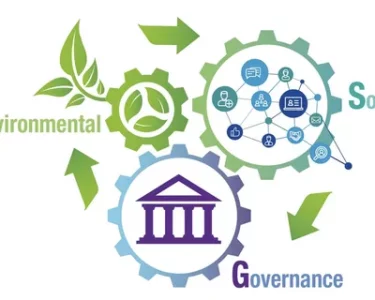In a surprising turn of events, First Citizens, the newly acquired owner of SVB (Silicon Valley Bank), has filed a lawsuit against HSBC, one of the world’s largest banking and financial services organizations. The legal action stems from allegations that HSBC engaged in unfair competition by poaching several key bankers from SVB, thereby causing financial harm to First Citizens and its subsidiary.
The lawsuit, filed in a federal court in New York, claims that HSBC actively pursued and recruited top-tier talent from SVB, with the intention of gaining an unfair advantage in the highly competitive banking industry. First Citizens argues that these actions violated established business norms and ethics, and seeks both financial compensation and injunctive relief against HSBC.
First Citizens’ decision to take legal action reflects its determination to protect its newly acquired assets and assert its position in the banking sector. The lawsuit alleges that HSBC’s aggressive recruitment tactics disrupted SVB’s operations, resulting in financial losses and reputational damage. The departure of experienced bankers, who possess valuable industry knowledge and client relationships, could potentially impact SVB’s ability to compete effectively in the market.
Legal experts anticipate that this case will be closely watched, as it touches upon crucial issues of employee mobility, competitive practices, and the protection of intellectual capital. It raises questions about the boundaries of fair competition and the potential legal consequences for companies engaging in aggressive talent acquisition strategies.
HSBC has yet to issue an official statement regarding the lawsuit. However, it is expected that the bank will vigorously defend its position, asserting that it acted within the boundaries of fair business practices and that individuals have the right to pursue employment opportunities elsewhere.
As this legal battle unfolds, it is crucial to note that both companies have an obligation to adhere to ethical standards and respect the contractual agreements and obligations they have with their employees. The outcome of this case may have significant implications for the banking industry as a whole, potentially reshaping how companies approach talent acquisition and employee retention strategies.
Opinion Piece: Examining the Implications of First Citizens’ Lawsuit Against HSBC
Byline: ChatGPT, Opinion Columnist
Date: May 23, 2023
The lawsuit filed by First Citizens against HSBC has sent shockwaves through the financial world, raising important questions about the boundaries of competition, employee mobility, and corporate responsibility. While the outcome of this legal battle remains uncertain, it presents an opportunity to explore the broader implications of aggressive talent acquisition strategies employed by banking giants like HSBC.
On one hand, HSBC’s actions could be seen as a shrewd business move, aimed at gaining a competitive edge in the market. In today’s cutthroat corporate environment, attracting top talent can be crucial for success. However, the question arises: at what cost? The aggressive recruitment tactics employed by HSBC may have caused significant disruption to SVB’s operations, potentially impacting the bank’s ability to serve its clients effectively.
This lawsuit highlights the challenges faced by companies in safeguarding their intellectual capital and retaining skilled employees. SVB, a bank renowned for its expertise in serving the technology and venture capital sectors, relies on the knowledge and relationships of its bankers to maintain its competitive edge. Losing key personnel to a rival firm could compromise SVB’s ability to deliver the specialized services that have earned it a strong reputation.
Moreover, this case prompts us to reconsider the concept of fair competition. While competition is the lifeblood of the market economy, should there be limits to how aggressively companies pursue talent from their competitors? Should there be safeguards in place to protect companies’ investments in employee training and development, as well as their client relationships?




